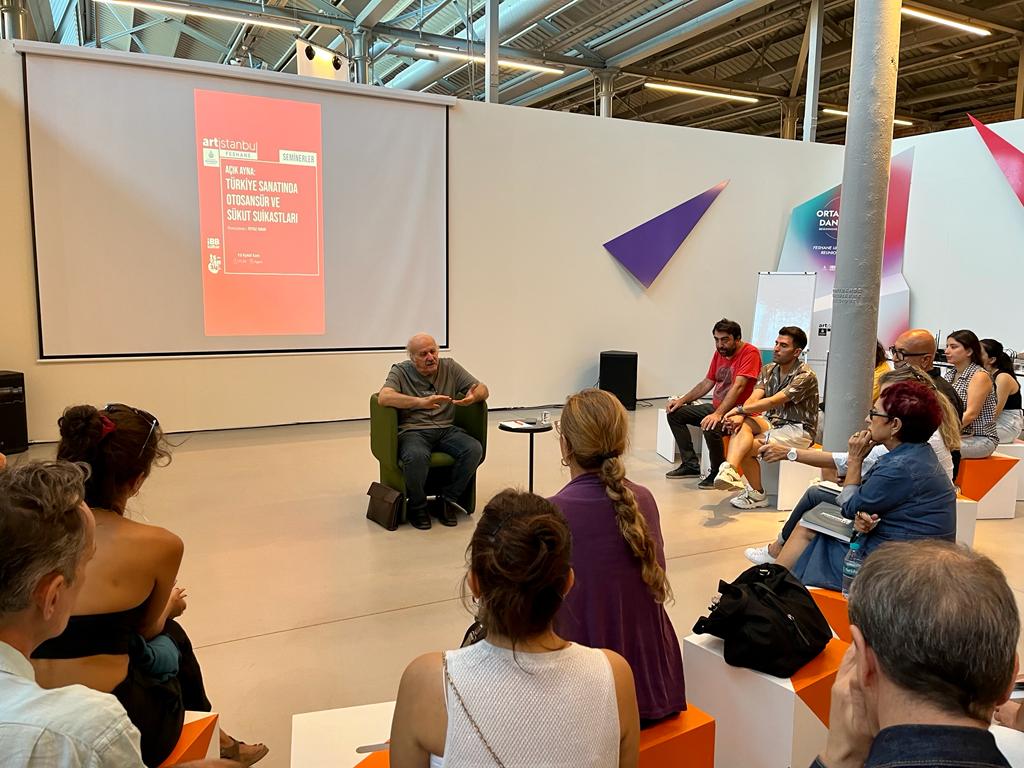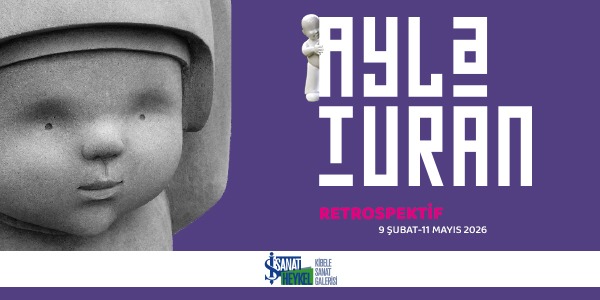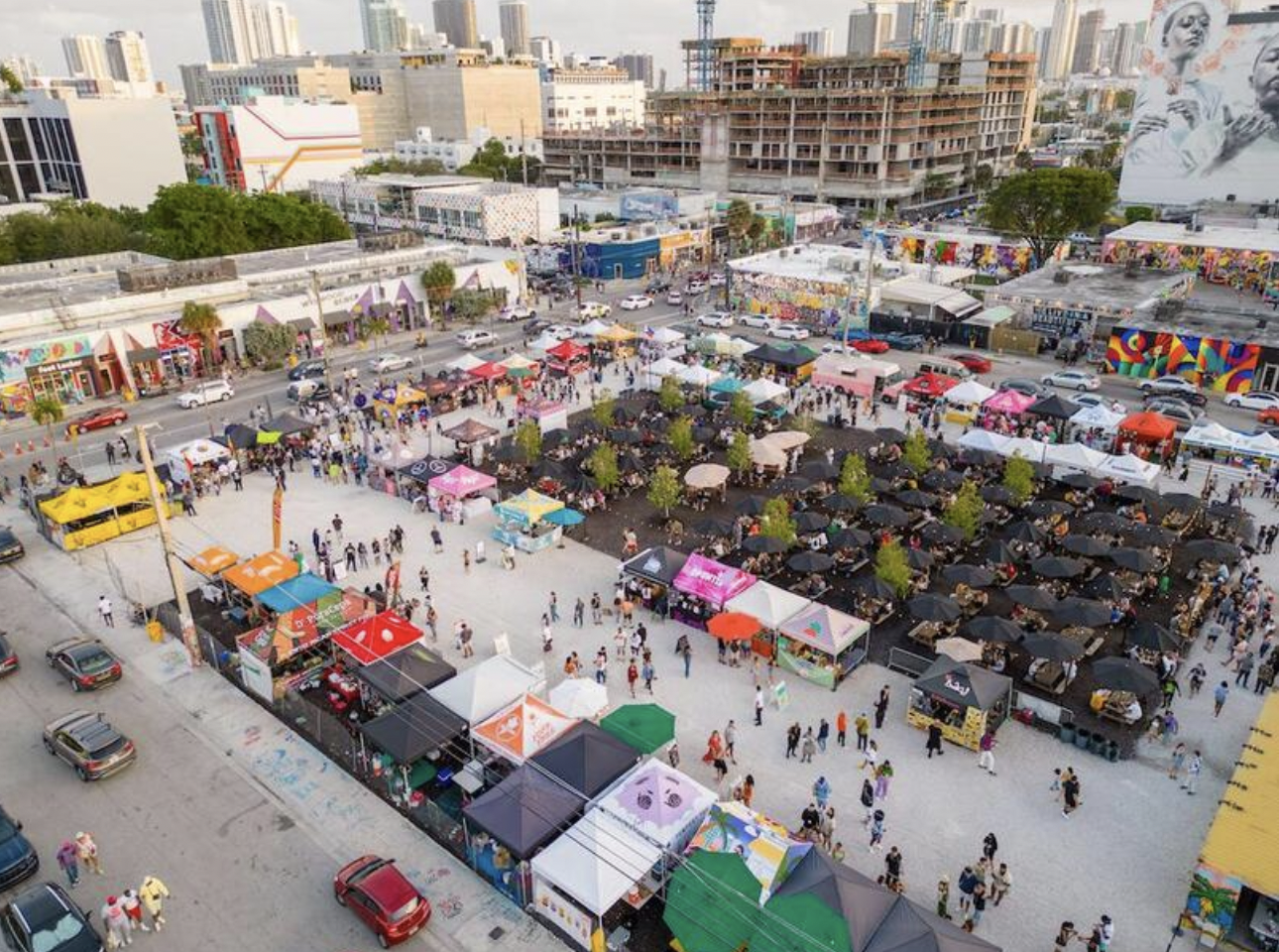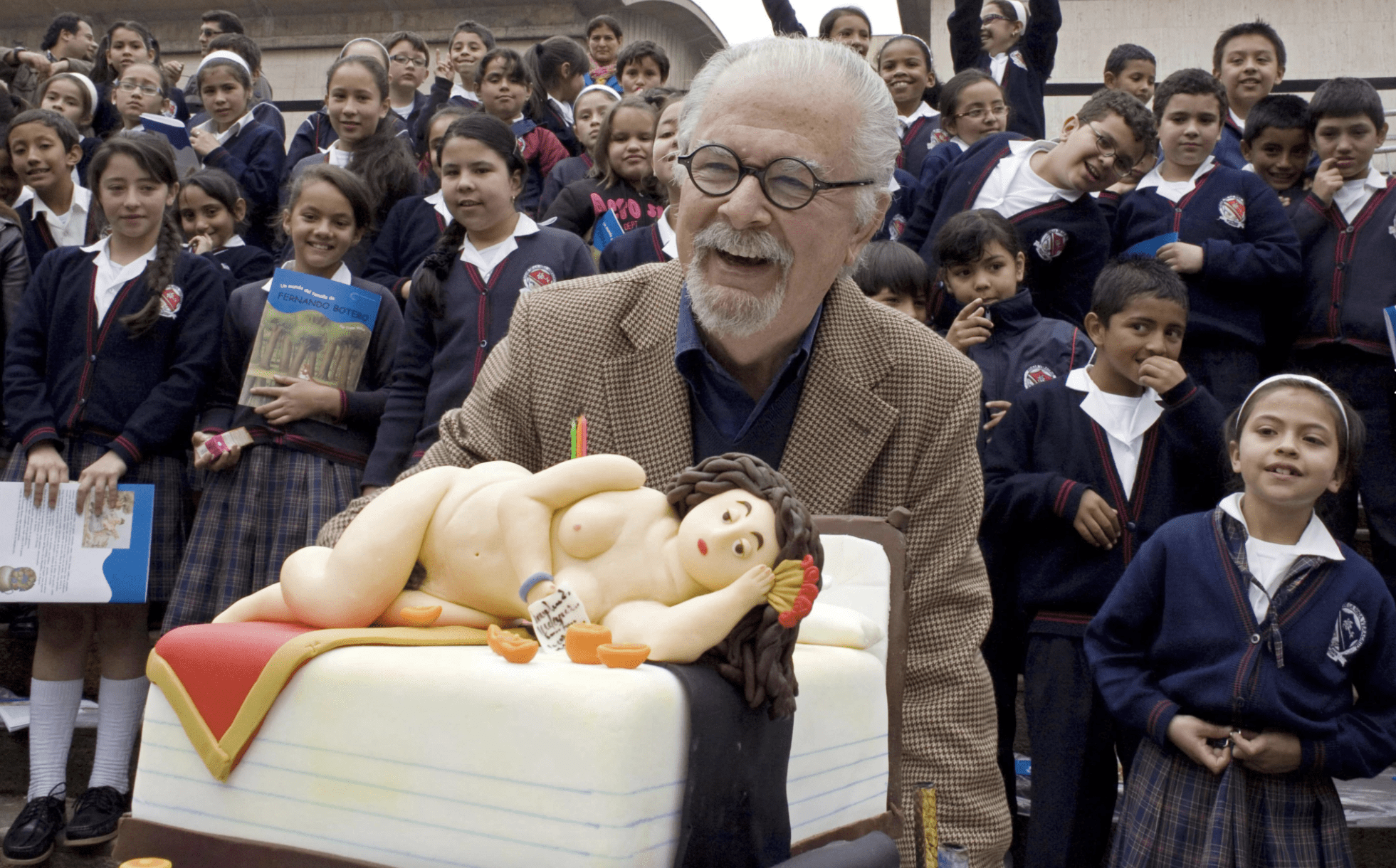Feyyaz Yaman, the curator of the “Starting from the Middle” exhibition at Artistanbul Feshane, recently spoke at a forum organized by the Açık Masa initiative titled “Self-Censorship and Sukut Assassinations in Turkish Art”. During his speech, Yaman discussed the issues and obstacles faced by the critical language of art in Turkey, from the Ottoman Empire to the Republic. He emphasized that as Turkey is in its centenary year, there needs to be a balance sheet of the past hundred years, but unfortunately, there is no such discourse in the art environment. Yaman also expressed his views on the attacks faced by the “Starting from the Middle” exhibition and the investigation process, which he believed were politically motivated and aimed at influencing the elections.
In his speech, Yaman discussed the process of modernizing Turkish art from the establishment of the Republic to the present day. He highlighted that the current period is characterized by many ruptures and transformations, which have made it difficult to perceive these changes in a socially acceptable manner. According to Yaman, one of the major issues we face today is the modernization of Turkish art, a process that has been revisited since the beginning and is parallel to the modernization of Turkey itself. To discuss the beginning and end of this process, we should start by saying ‘Starting from the Middle’, as in the name of the exhibition. Yaman also emphasized that when we talk about modernization as ‘Modern Turkey’, we limit it to the establishment of the Republic, but the main problem is to consider the modernization of the Ottoman Empire before the establishment of the Republic as a whole and try to think about this issue collectively.
Yaman has recently highlighted that conversations about post-Kemalism that occurred three decades ago have resurfaced as post-post Kemalism discussions. These discussions have created a new dynamic and resulted in questioning how the modernization of the Republic was established. This new process has prompted the need to reevaluate the forces that resist this process, as well as the progressivism and reactionism movements that are in conflict with each other. Yaman emphasizes the importance of discussing Turkey’s modernization problem, starting from the beginning of the Republic. As we are in the centenary year of the Republic, it is crucial to prepare a hundred-year balance sheet. Yaman has pointed out that the art environment lacks such a discussion.
As we examine this exhibition, we notice the presence of seemingly contradictory elements. Some of them are technological in nature, while others adhere to specific body language policies. All of these structures have become an integral part of our daily artistic lives, forming their own social committees. Within these structures, individuals engage in dialogue with each other. However, there are also some who remain closed off and do not participate in such exchanges.
We need more museums
Yaman addressed a concern about the challenge of establishing a representation of the geography in an exhibition abroad. He questioned the language integrity that would be necessary for this purpose. Yaman suggested that the usual solution is to select artists through relationships and sponsorship from the ministry or capital circle. These selected artists then fill the gap with exhibitions based on traditional culture, traditional arts, their extension, and contemporary arts. He further drew attention to the language and school problem in Turkish art.
It is a matter of great concern that Istanbul, a city with a population of 21 million, does not have a modern or contemporary museum. Considering the city’s rich history, which includes the Byzantine, Seljuk, Ottoman, and Republic of Turkey periods, it is crucial to have a museum that showcases a synthesis of these cultures. Such a museum would provide a comprehensive and traceable history of the city, highlighting the continuity of its cultural heritage. However, due to the conflicting and tense actors who have not yet determined their positions, we have failed to produce a culture that addresses differences and comparisons, and attempts to create unity. As a result, the problem of not having a modern museum has been transferred to the next century. To answer questions about our cultural identity and legacy, we need to establish a cultural logic that can bring together the diverse elements of our history and create a meaningful narrative. The artist community can play an important role in this endeavor. We must find answers to the questions: Who are we? What are we? What is our purpose? To achieve this, we need to understand where we came from and where we are going.
Yaman emphasized the lack of processes of internalizing the works produced in Turkey’s art environment and associating them with our own problems to open them up for discussion. He also pointed out that the Ministry is carrying out something called the cultural road project, while the Beyoğlu Municipality continues to ignore art and pursues policies based solely on economic strategy. Meanwhile, the opposition is failing to produce an alternative to this. The city belongs to the people, and they must manage this issue of ownership. They must embrace and relate it to their own field and create a common socialization, a common confrontation, and a common point of resistance. The people must assume the role of voice and actor of the public sphere. Unfortunately, these steps are insufficient, and we are at a standstill. We need to address this issue and create a balance sheet to discuss it further. Yaman believes it will be discussed more in the coming period.









